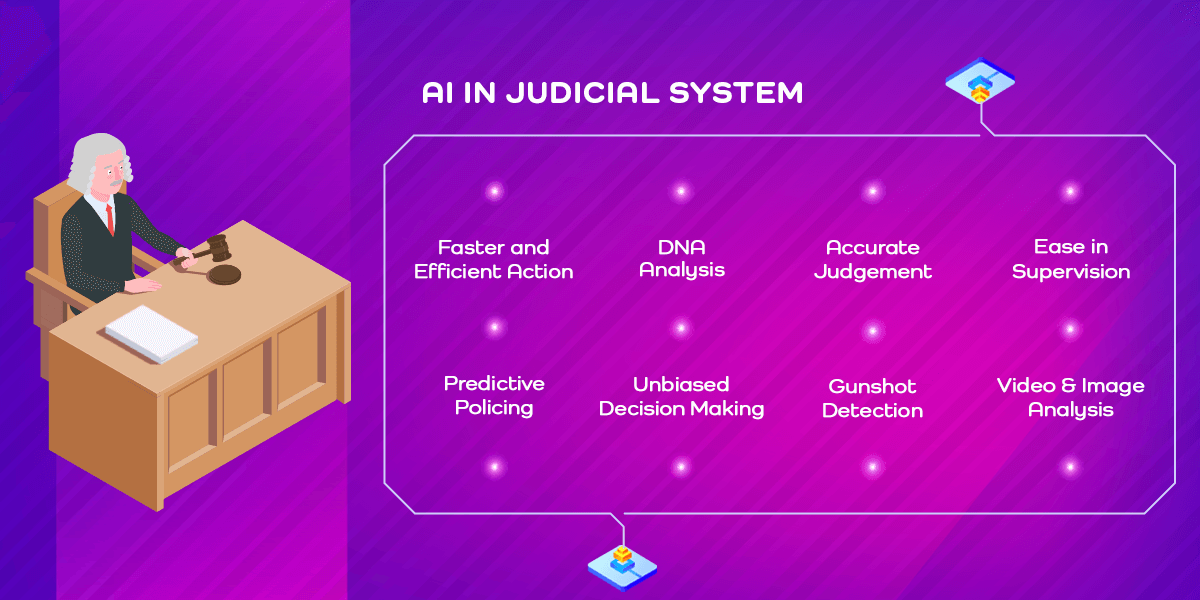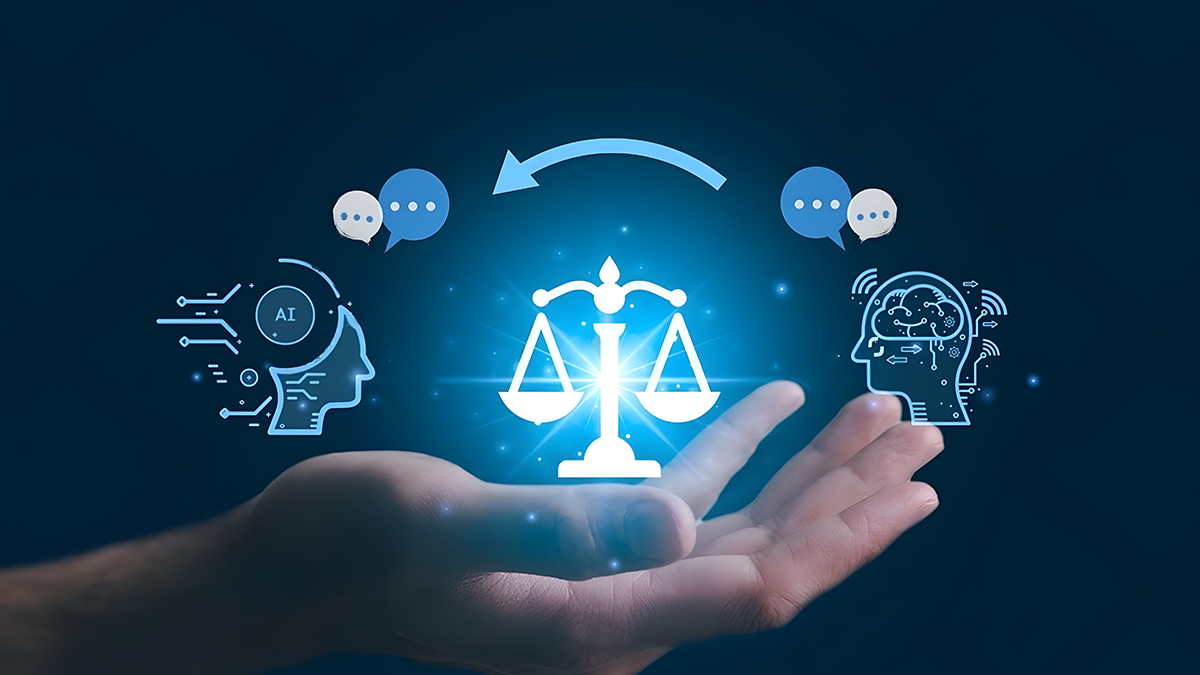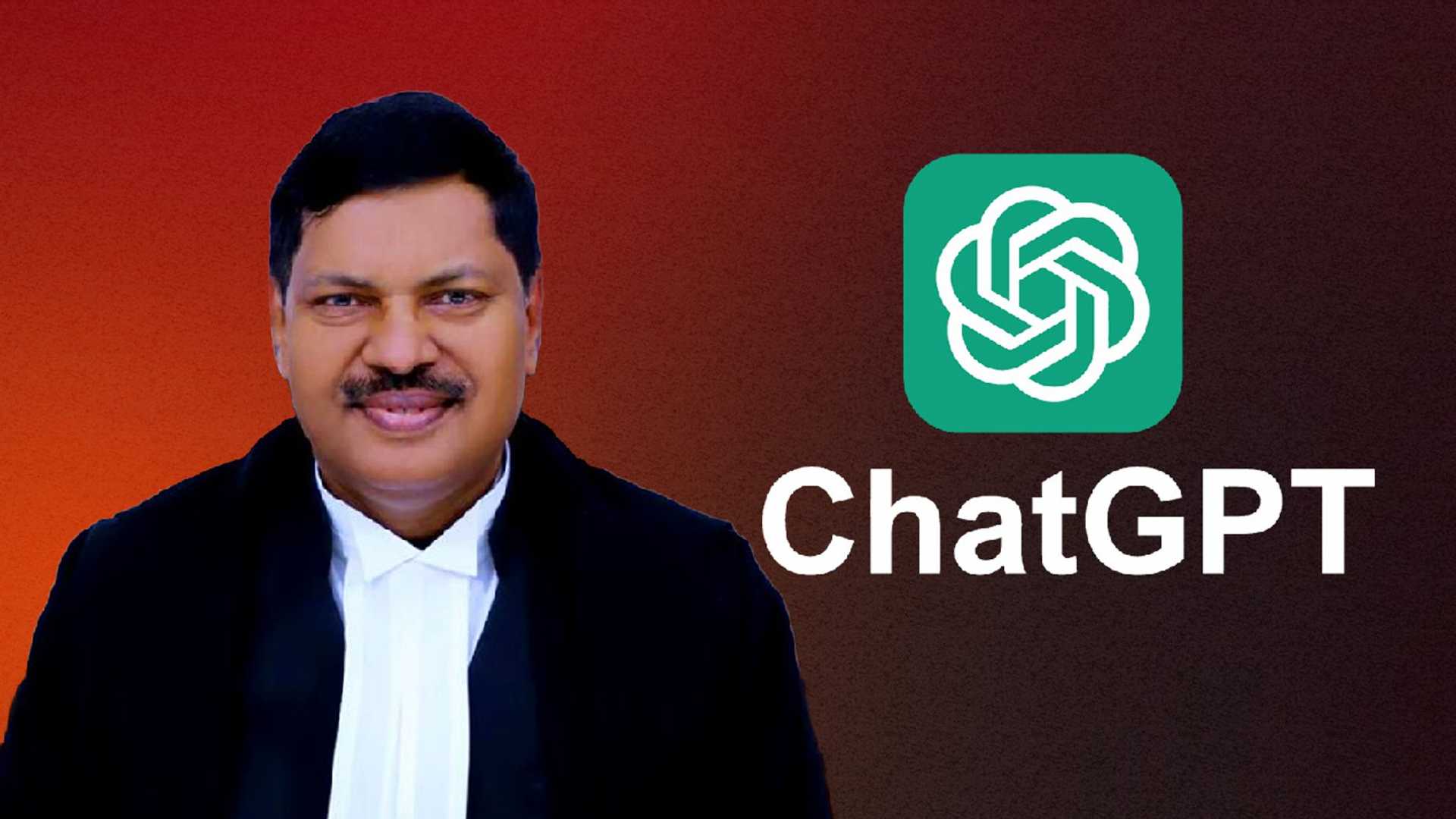Relying On AI For Legal Research Risky, Platforms Like ChatGPT ...
Justice BR Gavai of the Supreme Court highlighted the importance of exercising caution when utilizing Artificial Intelligence (AI) within the judiciary system. While recognizing the benefits of AI in easing administrative tasks related to case management, such as efficient listing and scheduling of cases, Justice Gavai also emphasized the risks associated with excessive reliance on AI.
During a conference organized by the Supreme Court of Kenya, Justice Gavai noted the integration of AI-powered scheduling tools into case management systems, which intelligently allocate court dates to balance judges' workloads and optimize the utilization of court resources. Many courts worldwide have implemented automated case scheduling systems that assign cases to judges based on their workload and specialization.

However, Justice Gavai expressed concerns regarding the ethical implications of using AI for legal research. He cautioned against the dangers of relying solely on AI platforms like ChatGPT, which have been known to produce fake case citations and fabricate legal facts. While AI can efficiently process large volumes of legal data and offer quick summaries, its inability to verify sources with human-level discernment has led to instances where legal professionals unknowingly cited non-existent cases or inaccurate legal precedents, resulting in professional embarrassment and potential legal repercussions.
Furthermore, the exploration of AI as a predictive tool for determining court outcomes has sparked debates on its role in judicial decision-making. This development raises profound questions about the essence of justice. Can a machine, devoid of human emotions and moral judgment, truly comprehend the complexities and subtleties of legal disputes? Justice often involves ethical considerations, empathy, and contextual insights—qualities that algorithms are incapable of replicating. Therefore, the integration of AI in the judiciary should be approached cautiously, with technology serving as a supportive tool rather than a substitute for human judicial reasoning.

For further reading, you can check out: Justice Gavai Flags Misuse Of Live-Streamed Hearings By Content Creators, Says Short Clips Often Mislead & Sensationalize










